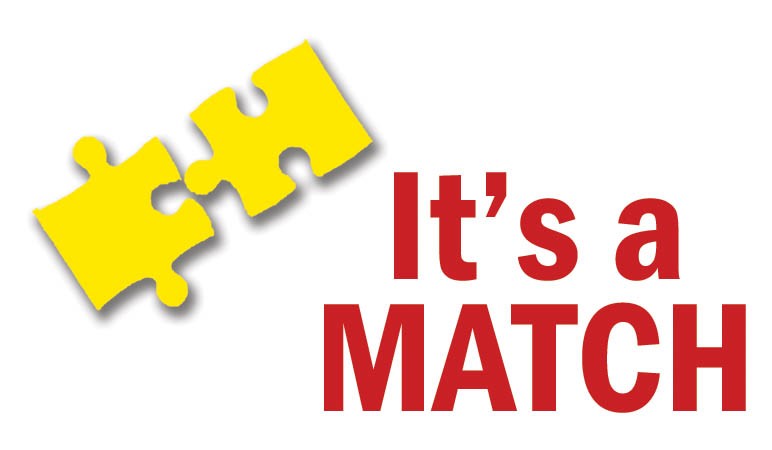
We remain adamant on clinging onto the typical rishta culture that is worse than questionable

Marriage is a subject that effortlessly garners attention in Pakistani households; politics and economy of the developing country be damned. It comes as no surprise that educated young women and men continue to complain over the compulsive obsession of the society in general, and parents in particular, with their marriages. There is usually, nay always, one solution offered - rishtay wallahs.
The rishta culture is weaved in so tightly into our social fabric that it is almost impossible to separate it from the mainstream discussion on matters of matrimony without addressing the social narrative that places it in high esteem in the first place.
What is more surprising is how relatable the experience of going through the rishta culture is, regardless of the generation or the social class. But we remain adamant on clinging onto a practice that is worse than questionable.
But it does beg the question what motivates us to fall for it every single time? There are arguments that support the rishta culture for a variety of reasons - social and financial, among others. The question is: do they remain valid in an age when there are several other alternatives that make it less awkward for the young people? Social beliefs that reject all kinds of matrimony apart from arranged marriage remain at the heart of the argument. Respectability is often thrown in in support of the arranged way.
Also read: It’s a match
How flawed then are our social constructs surrounding marriage that we continue to collectively deny the main stakeholders in this life-altering process a substantive, if not an absolute, say in the matter. It remains a topic that can only be brought up by the elders in a household; discussed and debated upon by the elders and eventually decided upon by the elders.
It makes one wonder, who’s rishta is it anyway?